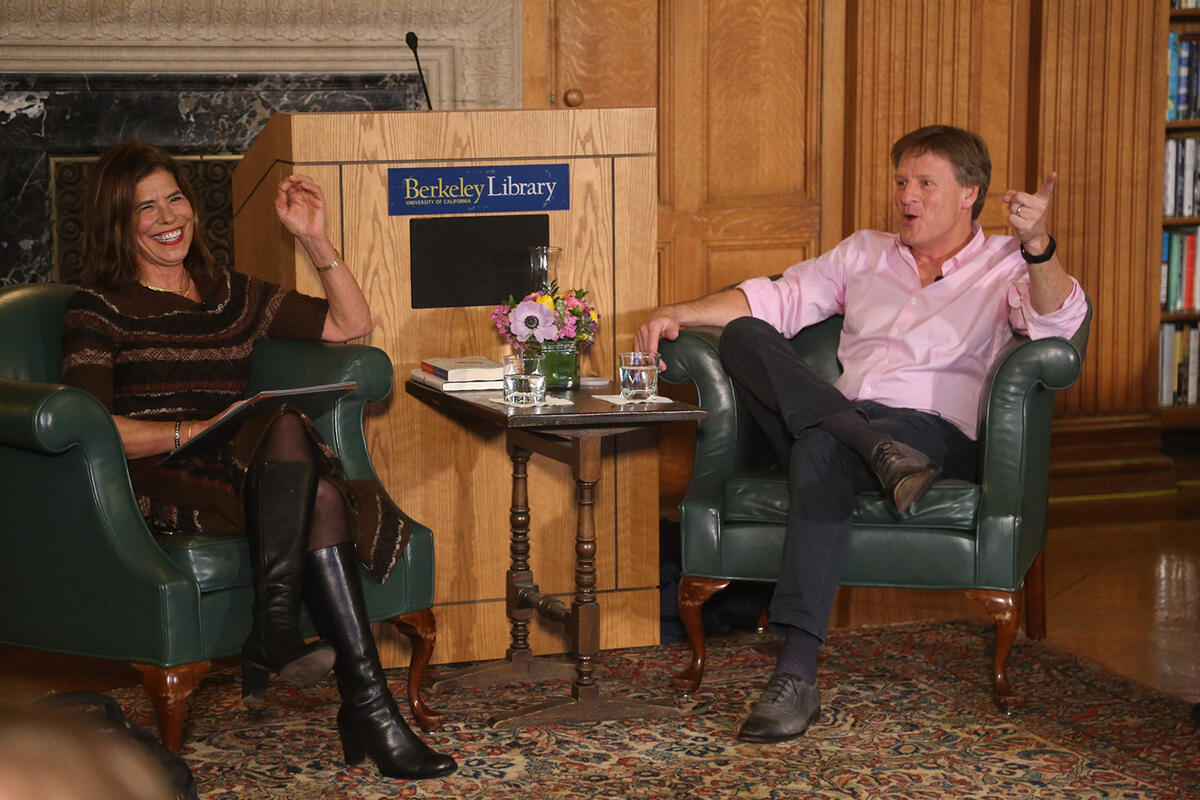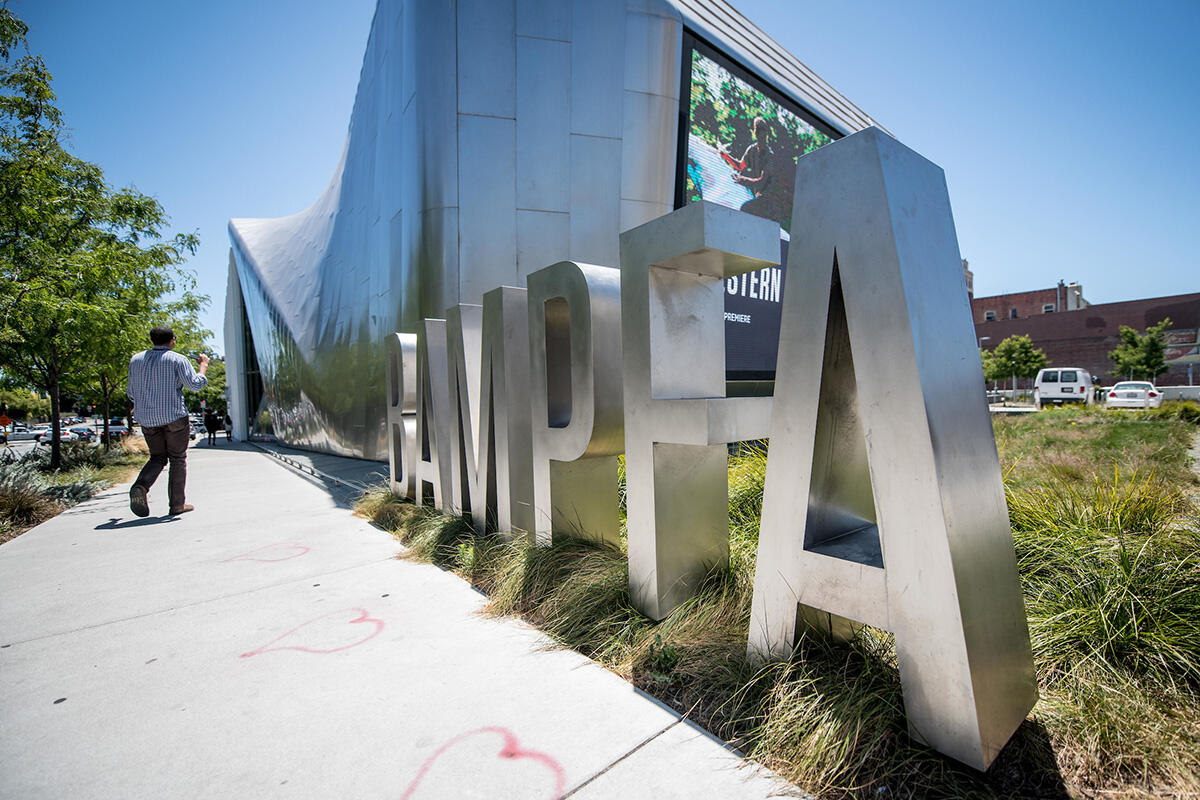
Brad Morgan and Julie Shin Morgan found their people at UC Berkeley. Julie’s best friend for life, Stella Sebastiani. Brad’s mentor, Paul Bartlett, and his first labmate, Yumi Nakagawa. And, at a party filled with chemistry students and church youth counselors, they fell for one another — “a small town Midwestern boy and a big city girl from LA,” as Brad said.
Moving to Berkeley had been a culture clash for both students in different ways, but they each welcomed the new perspectives. UC Berkeley taught them how to communicate, collaborate, and think critically.
“It was such a period of growth for me,” said Brad. “It was nothing short of miraculous. I entered a much different person than when I left, and when I left, I was much stronger, more well-rounded, and more vibrant.”
In October 2023, Julie and Brad were inducted as Builders of Berkeley, joining an esteemed list of households who have given at least $1 million to the university. They couldn’t believe it when they got the news.
“We had no clue whatsoever,” said Julie. “We've been wanting to set an example for our children. Now that we can do something, we’ve found the cause we believe in. Just do a little bit at a time until you feel like you can do more.”
That slow-but-steady approach has benefited people across campus — including chemistry students, museum visitors, student-athletes, undergraduate researchers, and students experiencing financial difficulties. It also offers clear proof of the impact of incremental giving.









